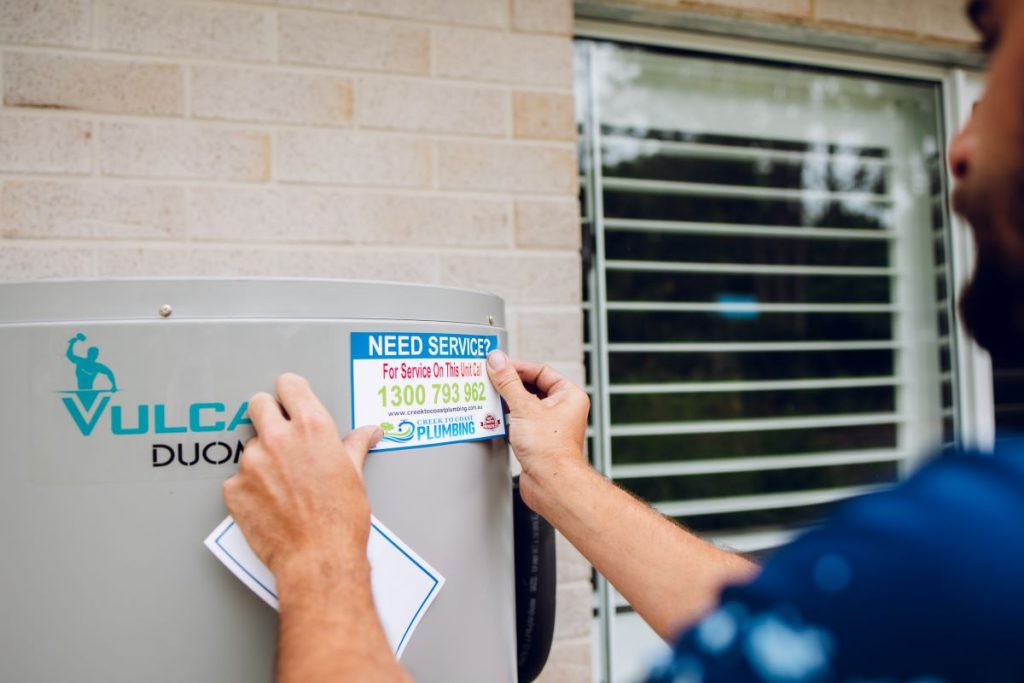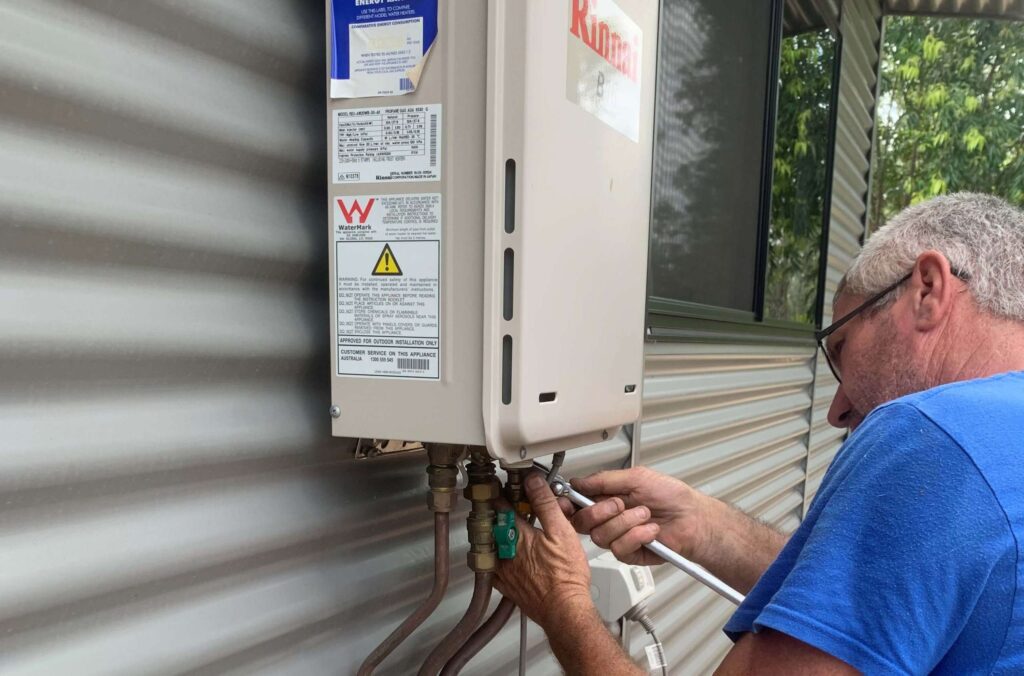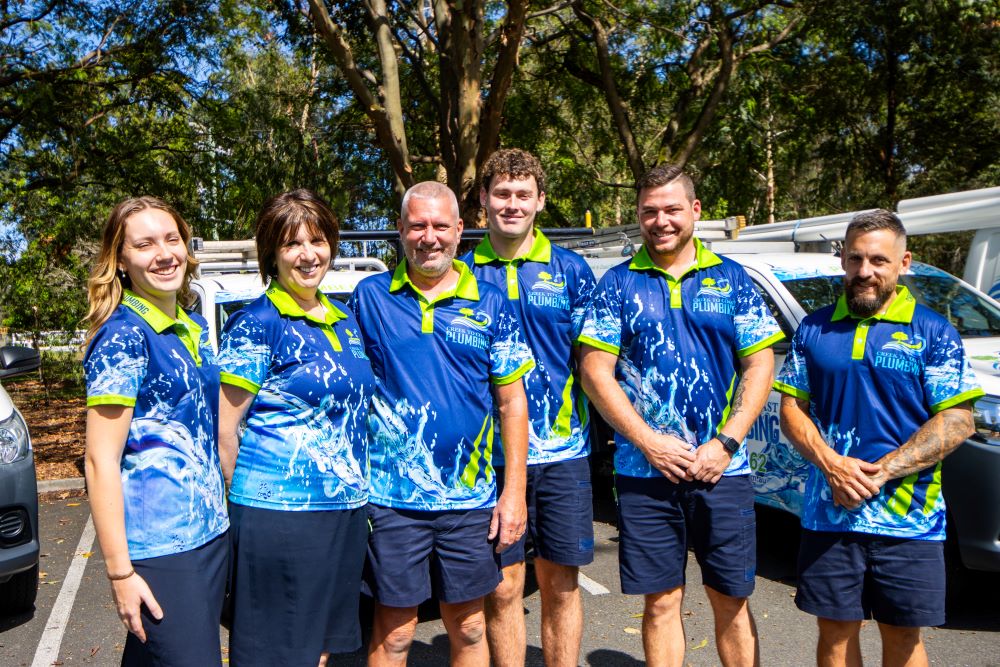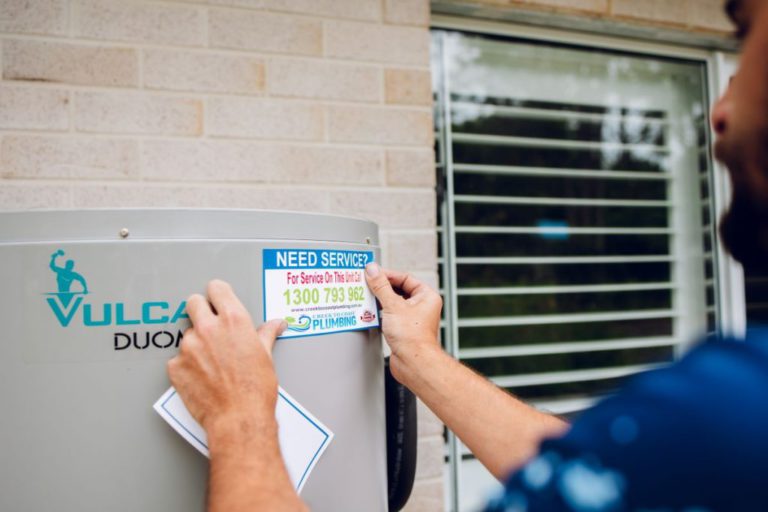If you’re considering the installation of a solar hot water system in Queensland, it’s essential to understand the role of booster systems. These systems are crucial for homeowners aiming to enhance their hot water efficiency. Are booster systems genuinely necessary for your solar hot water installation? What might happen if you choose to forgo this essential component? Addressing these inquiries is vital for anyone who wishes to optimize their hot water supply throughout the year.
The answer is a resounding yes — a booster is absolutely essential. In this comprehensive guide, we will delve into the workings of solar hot water systems, outline the specific conditions that activate boosters, and provide homeowners in Queensland with critical insights to avoid unexpected cold showers, ensuring a dependable hot water supply every day of the year.

Uncover the Importance of Boosters in Your Solar Hot Water System
A booster serves as a vital secondary heat source, typically powered by electricity or gas, that effectively heats your water supply whenever solar energy is insufficient. This functionality is crucial for ensuring that you consistently receive hot water during various scenarios, including:
- Overcast or rainy days when solar energy generation is limited
- Early mornings or late evenings when sunlight is minimal
- Winter months characterized by shorter daylight hours, which can impede solar energy gain
- High-demand situations, such as during back-to-back showers or multiple laundry loads
Without a booster, your solar hot water system may struggle to provide a steady supply of hot water, especially during peak usage times or adverse weather conditions. Therefore, understanding the role of a booster is essential for maximizing your hot water experience and ensuring you never run out of hot water when you need it the most.
Making Informed Choices: Electric vs. Gas Boosters for Maximum Efficiency
Electric Boosters are commonly found in households that rely entirely on electricity. These systems automatically heat the water whenever the solar input dips below a predetermined level. The benefits of electric boosters include:
- Widely available and easy to install, making them a frequently chosen option
- Lower initial installation costs compared to gas systems
- Automatic operation ensures hot water availability, enhancing user convenience
- Potentially higher running costs, which may vary based on your energy tariff structure
Gas Boosters, on the other hand, are typically favored in homes already equipped with a gas supply. They provide on-demand heating, activating only when hot water is required. The advantages of gas boosters include:
- Quick and efficient heating capabilities, supplying hot water promptly
- Usually lower running costs than electric boosters, which can translate into savings over time
- Higher initial installation expenses if a gas connection isn’t already present
For households with continuous-flow needs or those transitioning from off-grid solar systems, we highly recommend considering gas boosters due to their superior efficiency and performance benefits, making them an excellent investment for long-term hot water solutions.
Understanding the Seamless Functionality of Solar Boosters in Your Hot Water System
Most solar hot water systems come equipped with a thermostat or sensor that continuously monitors the water temperature. If the temperature drops below the required threshold—typically set at 60°C for health compliance—the booster automatically engages to guarantee that you always have access to hot water, regardless of external factors.
Homeowners can choose from two operational modes:
- Manual Boosting: This option allows you to control when to activate the booster system, providing you with flexibility and autonomy.
- Automatic Boosting: The system activates the booster only when necessary, offering enhanced convenience for users and ensuring that hot water is always ready when you need it.
In Queensland, automatic boosters are more commonly utilized due to their compliance with local regulations and the convenience they provide for homeowners, ultimately ensuring peace of mind and reliability in your hot water supply.

Essential Regulations for Compliance in Solar Hot Water Systems in Queensland
According to the Queensland plumbing regulations, it is mandatory for a compliant solar hot water system to consistently deliver hot water throughout the entire year. This requirement fundamentally underscores the necessity of a booster for compliance.
This regulation also serves as a critical safety standard. To prevent the proliferation of harmful bacteria like Legionella, hot water must consistently reach a minimum temperature of 60°C. Without a booster, maintaining this temperature can be difficult, particularly during overcast or cold days when solar input is inadequate.
Identifying Common Issues with Your Solar Booster System
How can you tell if your booster is not functioning optimally? Look out for these common indicators:
- Water that remains lukewarm during the colder winter months, indicating insufficient heating
- Experiencing cold showers in the mornings, even after several sunny days
- System fault lights or error codes appearing on your unit, signaling potential malfunctions
- Hot water is only available after prolonged exposure to sunlight, suggesting inadequate heating capabilities
What steps should you take?
If your system isn’t performing as expected, the issue may reside with the booster rather than the solar panels themselves.  Schedule a comprehensive system check with our professional team to efficiently identify and resolve any issues that may be affecting your hot water supply.
Schedule a comprehensive system check with our professional team to efficiently identify and resolve any issues that may be affecting your hot water supply.
Recommended Maintenance Intervals for Your Solar Boosters
To ensure your solar system and booster function at peak efficiency, we recommend scheduling maintenance every 2–3 years. However, you may need to arrange for servicing sooner if you notice:
- Your system is older than five years, which can lead to declines in efficiency
- Inconsistent water temperatures, suggesting potential malfunctions within the system
- A significant amount of time has elapsed since the anode rod or valve was inspected, which can impact overall performance
Regular maintenance not only helps to prevent unexpected breakdowns but also ensures that your booster activates as needed, providing you with a consistent supply of hot water when you require it the most, thereby enhancing your overall comfort and satisfaction.
Analyzing the Financial Impact of Boosters on Your Energy Bills
A properly installed and well-maintained booster system tends to exert a minimal impact on your energy expenses, particularly when assessed against systems that rely entirely on electricity for heating water.
To minimize the frequency of booster usage and associated costs, consider implementing the following strategies:
- Install a timer for manual boosters to optimize energy usage effectively and reduce waste
- Utilize hot water primarily during daylight hours when solar energy is plentiful and cost-effective
- Insulate your pipework to minimize heat loss, thereby enhancing overall system efficiency
Professional Support for Your Solar Booster Needs in Queensland
We provide comprehensive services for the supply, installation, and maintenance of solar hot water systems with boosters across Caboolture, Moreton Bay, and North Brisbane. If you are uncertain about the functionality of your booster or need guidance in selecting the best type for your system, our expert team is here to assist you in navigating your options effectively.
 Contact a licensed solar plumber today for expert advice on your system.
Contact a licensed solar plumber today for expert advice on your system. Explore detailed cost comparisons and various system types here to help you make an informed decision regarding your hot water needs.
Explore detailed cost comparisons and various system types here to help you make an informed decision regarding your hot water needs.

Frequently Asked Questions About Solar Boosters Addressed
Can I turn off my booster to save energy?
Yes, you can, but this is only advisable if your system allows for manual control. However, exercise caution—without proper monitoring, the risk of encountering cold water increases significantly, particularly during periods of high demand.
What is the ideal temperature for hot water?
Hot water should reach a minimum of 60°C for storage systems. This temperature is not only a legal requirement but also a crucial health standard in Queensland to ensure safety and eliminate the risk of bacterial growth.
Is it possible to add a booster to an existing solar system?
Absolutely! We can retrofit boosters onto compatible systems or assist you in upgrading to a new model that features integrated control for enhanced functionality and improved efficiency.
The Article: Solar Hot Water Systems: Is a Booster Necessary? first appeared on https://writebuff.com
The Article Booster for Solar Hot Water Systems: Is It Needed? Was Found On https://limitsofstrategy.com
References:
https://limitsofstrategy.com/booster-for-solar-hot-water-systems-is-it-needed/




